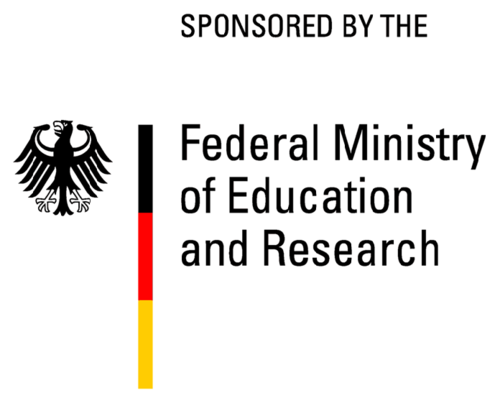Workshop: Religion and Secularism as Problem Space in Postcolonial Occidentalist Discourses within the MENA Region
The workshop took place at Leipzig University on the 3–4 November 2022.
The international workshop was held at The Centre for Advanced Studies in the Humanities and Social Sciences “Multiple Secularities (CASHSS) - Beyond the West, Beyond Modernities”, at Leipzig University, on 3-4 November 2022. It was organized by Housamedden Darwish (CASHSS Multiple Secularities, Leipzig University) and Markus Dressler (Institute for the Study of Religions/Modern Turkish Studies, Leipzig University), with administrative and logistic support from (CASHSS), and financial as well as administrative support from “Academics in Solidarity” program.
The workshop discussed the question of religion and secularity/secularism in (postcolonial) Occidentalist discourses and their critiques in the MENA region. It brought together empirical case studies on particular Occidentalist debates, including their historical trajectories with theoretical reflections on Occidentalism and Orientalism in the MENA region. The guiding research questions of the workshop are:
• What role does the question of religion and the secular as a problem space of modernity play in MENA-region Occidentalist discourses as well as critiques directed against them?
• What are the characteristics of Islamic postcolonial Occidentalism, compared to other forms of Occidentalism?
• To what extent and how do postcolonial Occidentalist discourses in the MENA region relate to postcolonial theories and (the critique of) Orientalism?
• What is the role of Occidentalist and Orientalist imaginaries in the formation and contestation of cultural, social, religious and political identities in the MENA region?
• What role do Occidentalist discourses and their critiques play in political projects in the MENA-region (within national contexts, regionally, within international Islamic publics, as well as in the political relations of MENA-region states to Europe)?
In addition to the eleven scholars (8 presenters and three chairs and discussants) that contributed to the conference, the conference was well attended, with more than 50 people having registered for the conference ahead of time and many of them took part in its discussions. Other two scholars from Iran were not able to present their papers because they could not get a visa. The conference included four panels in which 8 research papers were presented, over two days: two in each day.
The workshop provided a great opportunity for discussion and exchange of ideas. Participants discussed the possibility of publishing some of the papers presented in a special issue or edited volume. In addition, further future research, networking, and collaboration were planned. In summary, the event was very productive and enriching.

